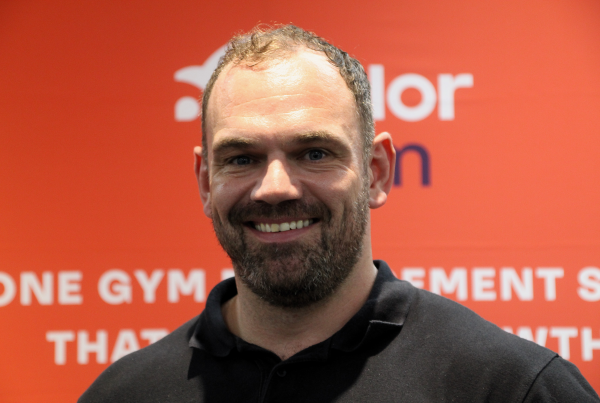By Communications Executive Kudzai Tamuka
We are in the grips of a crisis of inactive employment. Sedentary working lifestyles cause a range of both physical and mental ailments, yet workers spend on average a third of their day sitting at their desk. This lack of physical activity at work can lead to employees that are less productive and more likely to be ill, having a harmful economic impact on the companies that employ them and negative impacts on workers long time wellbeing.
When asked why they don’t take their physical activity into their own hands, employees often say that lack of time is a major factor, as well as lack of decent options. Management teams should make an effort to support their staff in being physically active, in order to maintain their health and improve employee retention.
To get more active in the office, workers are encouraged to do small things such as using the stairs instead of the lift, talking to their fellow colleagues instead of sending emails and using standing desks.
As much as employers continue to persuade their employees to do these activities, there is little evidence that employees are getting more active in response. If these small behaviour changes are capable of having a positive impact in the lives of workers, why don’t we see employees doing them more often?
Perhaps the saying ‘you can lead a horse to water, but you can’t make it drink’ best describes this dilemma – you can give people options but there is no guarantee that they’ll accept them. It’s not enough for employers to say that they’ve done their best by giving their employees these ideas. Inactivity causes 37,000 premature deaths a year and costs the UK £20bn annually.
So, what else can be done? Organisations should let their workers take the lead when it comes to workplace wellness and physical activity. They could conduct surveys to find out what physical activity initiatives their employees would prefer, and then have employees take the lead implementing them. This way, workers will have the ultimate say on the iniatives available to them and they will best suited to their own personal circumstances. Indeed, employees could request gym equipment for their building or maybe suggest bringing a weekly fitness class into the office.
Government can help also. The highly successful cycle to work scheme, which has got hundreds of thousands cycling in the past two decades, offers employees the opportunity to buy a bike through their employer who then deduct it from their salary over a period of 12 months, tax-free. Workers are therefore encouraged to purchase bikes and use them to travel to and from work, squeezing physical activity into otherwise busy days.
Nonetheless, cycling isn’t for everyone, so ukactive are working with Government to extend cycle to work to include gym passes and fitness equipment as well, in a scheme dubbed ‘workout from work’. This would provide additional monetary encouragement for employees to get fit – surely a positive in the battle against inactive offices?
This is just one of many innovative solutions to encourage workplace wellness that will be among the many pressing topics to be discussed at the ukactive National Summit, which is taking place on 1st November at the QEII Centre in London.

More People More Active More Often




